
Oncology Ultrasound
Latest News


Ultrasound-Based Nomogram May Enhance Risk Stratification for Thyroid Nodules with Peripheral Calcifications

FDA Clears AI-Powered Prostate Volume Measurement for Handheld Ultrasound
Latest Videos
CME Content
More News
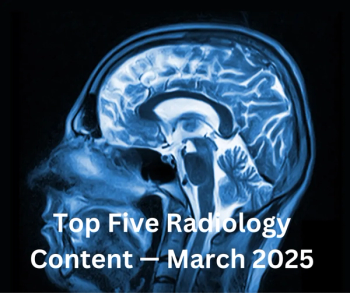
Catch up on the most-well viewed radiology content in March 2025.
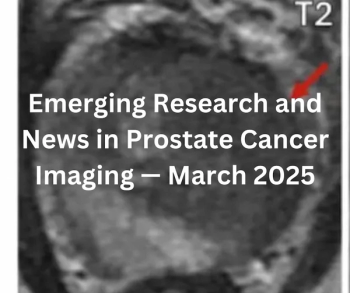
Catch up on the most-well viewed prostate imaging content in March 2025.

Catch up on the top AI-related news and research in radiology over the past month.
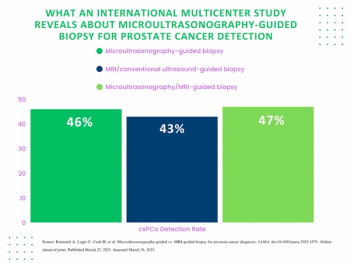
Microultrasonography-guided biopsy offered comparable detection as MRI/conventional ultrasound-guided biopsy in detection of Gleason grade group 2 or higher prostate cancer, according to a new international multicenter study.
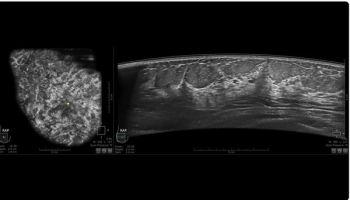
The Invenia ABUS Premium device reportedly offers consistent high-resolution imaging and up to a 40 percent increase in scan speeds for women with dense breasts.
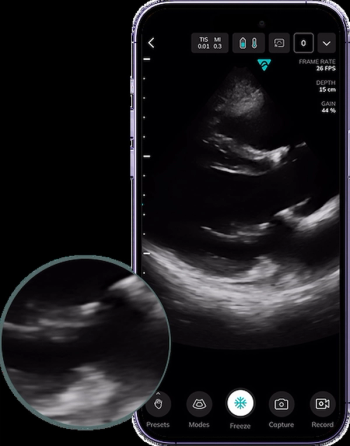
Emphasizing intuitive workflow and portability, the Universal Wireless Probe reportedly offers a cost-effective combination of phased and linear ultrasound imaging.
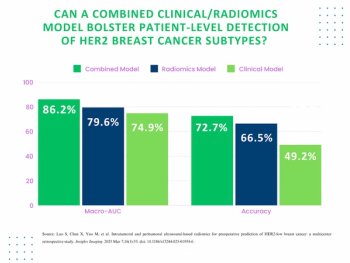
Multicenter research revealed that a combined model of clinical factors and ultrasound-based radiomics exhibited greater than a 23 percent higher per patient-level accuracy rate for identifying HER2 breast cancer than a clinical model.
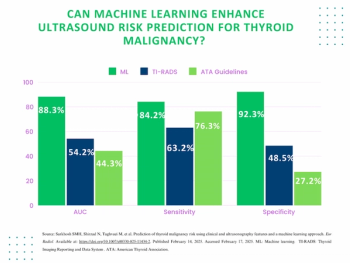
In a study involving assessment of over 1,000 thyroid nodules, researchers found the machine learning model led to substantial increases in sensitivity and specificity for estimating the risk of thyroid malignancy over traditional TI-RADS and guidelines from the American Thyroid Association.

Catch up on the top radiology content of the past week.
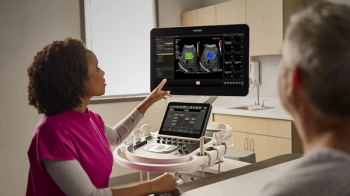
Offering an array of AI-powered automation and image optimization, the new Elevate software is geared to maximizing workflow efficiencies for the EPIQ Elite and Affiniti ultrasound systems.
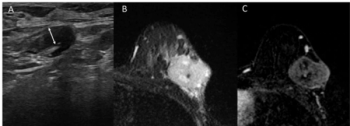
Anterior tumor location was over 14 times more likely to be associated with axillary metastasis after neoadjuvant treatment for breast cancer, according to new breast MRI and ultrasound research.
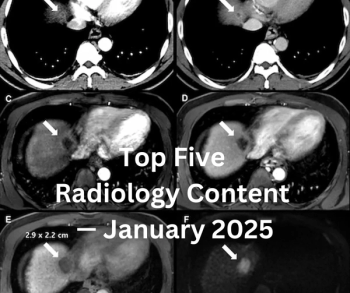
Catch up on the most-well viewed radiology content in January 2025.

Catch up on the top AI-related news and research in radiology over the past month.

Catch up on the top radiology content of the past week.
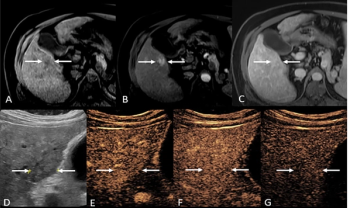
For patients previously assessed with LI-RADS LR-4 and LR-M presentations based on MRI or CT findings, the use of contrast-enhanced ultrasound led to 30 percent of these patients having LR-5 assessments definitive for hepatocellular carcinoma.
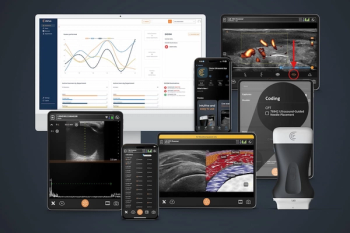
The latest ultrasound software update from Clarius includes new artificial intelligence (AI) capabilities, coding assistance and a variety of advances tailored to different fields of medicine.

Catch up on the top radiology content of the past week.
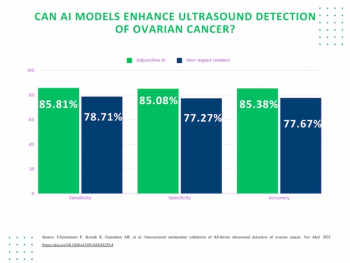
Adjunctive AI offered greater than seven percent increases in sensitivity, specificity, and accuracy for ultrasound detection of ovarian cancer in comparison to unassisted clinicians who lacked ultrasound expertise, according to findings from new international multicenter research.
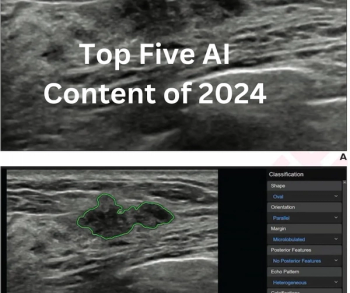
Catch up on the most viewed content on AI in radiology from 2024.
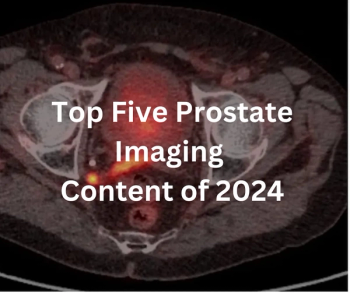
Catch up on the most well-viewed prostate imaging content from 2024.
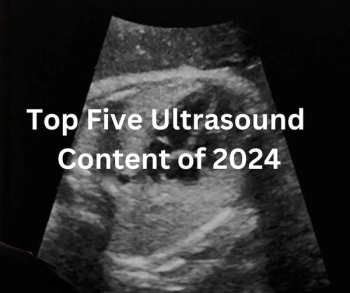
Catch up on the most well-read ultrasound content from 2024.

Catch up on the most well-read mammography articles from 2024.

Catch up on the top radiology content of the past week.

In a recent interview, Stamatia Destounis, M.D., discussed the impact of national breast density notification for mammography reports and key considerations with staffing and ongoing education for patients, staff and referring providers on the merits of supplemental breast imaging.
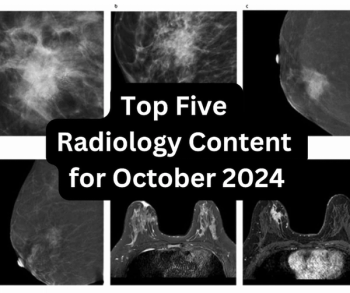
Catch up on the most-well viewed radiology content in October 2024.














